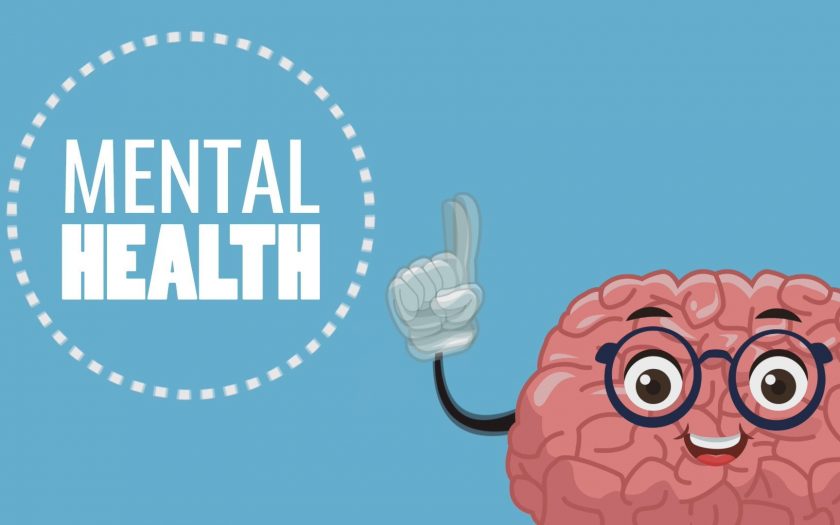Some daily habits can help you cope with anxiety, stress and improve emotional well-being. For example, this includes diet, sleep or exercise. The article lists several important factors that affect a person’s mental health. They can prevent the negative consequences that worsen the state of mental health.
Compassion itself
Self-criticism or perfectionism can be one of the risks of developing anxiety and depression. In this case, a person wrongly believes that he should always do everything right and be perfect.
A person may also be impatient with their own shortcomings, criticize themselves too much or think that they do not meet the expectations of loved ones.
Despite the fears of many people who have these characteristics, the antidote is self-compassion. It is about paying attention to your feelings, increasing self-esteem and self-identification.
How we treat ourselves during the ups and downs of life can have a huge impact on our physical and mental health.
Social connections
In order to develop and feel comfortable, a person needs to maintain social ties from birth.
Researchers at Harvard University analyzed more than 100 factors that can protect against depression and found that maintaining social ties is one of the most important.
It is worth noting that in 2020, many people may feel lonely due to quarantine and self-isolation. But you don’t have to go to parties or work in the office to socialize. Just talk to one person you trust, share your experiences, and your mood will immediately improve!
Physical activity
An active lifestyle can prevent the development of depression. Studies have shown that vigorous exercise for 3-5 days for 12 weeks reduces the symptoms of depression by 47%.
Exercise also helps reduce stress and anxiety, and helps reduce muscle tension.
Food
Our mood is closely linked to the quality of our food. 95% of the serotonin (“happiness hormone”) we produce comes from neurotransmitters in the gut.
A diet high in vegetables, whole grains and healthy fats is associated with a 25-35% lower risk of depression compared to diets that contain more sugar, processed foods and dairy products.
You can provide the body with the necessary nutrients as much as possible through a balanced diet.
Sleep
People who suffer from depression may have trouble sleeping. However, poor sleep is one of the factors that increases the risk of developing mental disorders.
Eventually, stress and irregular rest schedules can lead to prolonged insomnia. Therefore, it is important to establish a comfortable sleep pattern to protect your mental health.
Visit to the doctor
If you notice that you can’t cope with depression or anxiety on your own, feel free to seek medical attention. Your doctor will help you find the cause of your condition and select medications that will significantly improve it (such as Apo-Moclobemide or Apo-Clomipramine).

